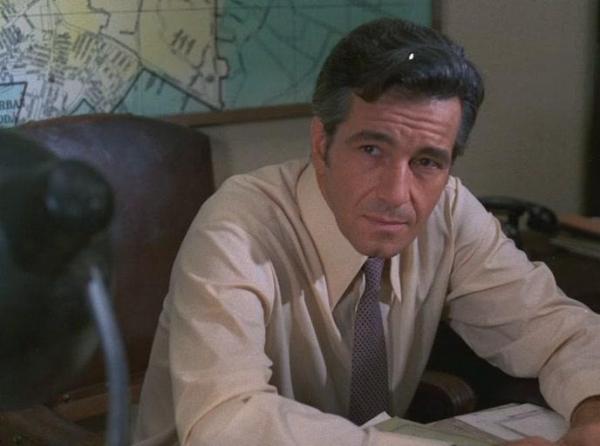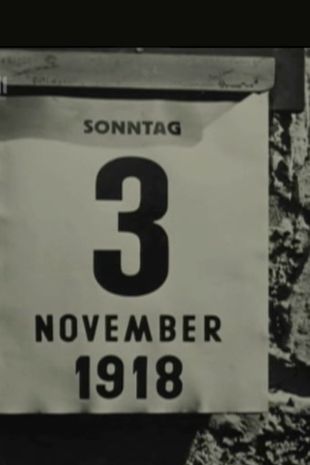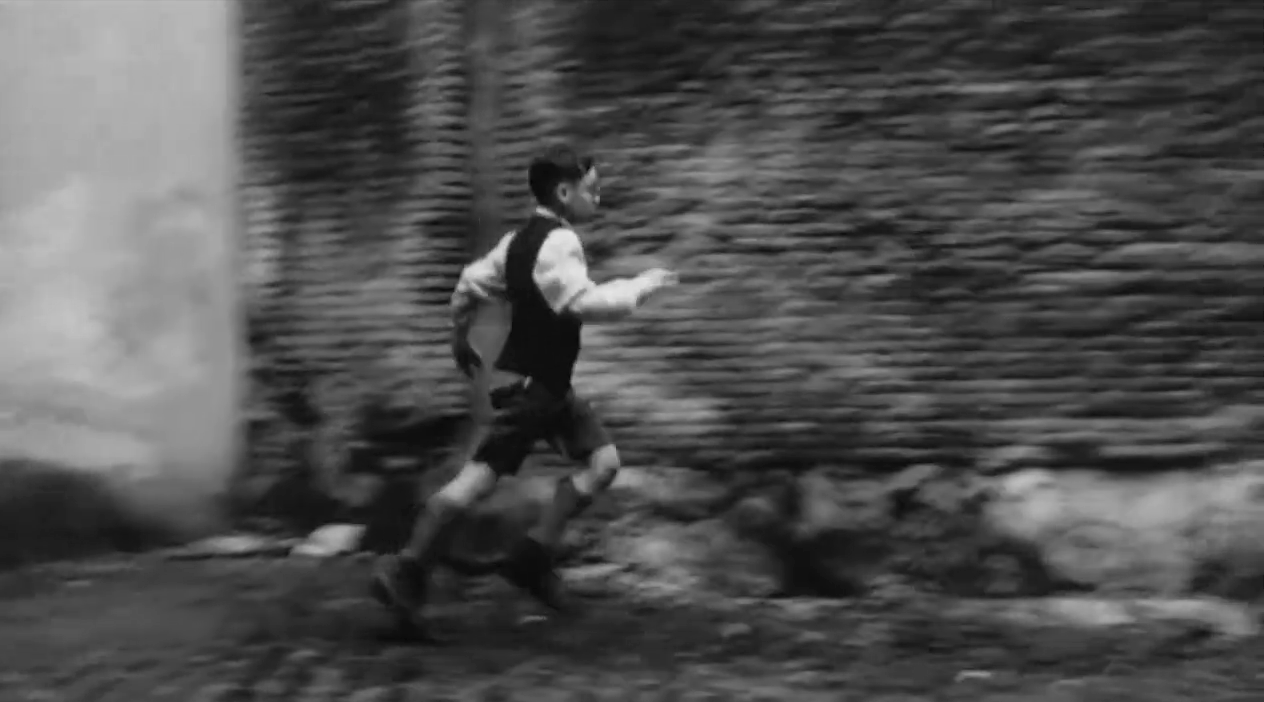“He's growing! Look! See how he's growing! I have seen the Lord! The Lord! The Lord!”Die Blechtrommel [The Tin Drum] (Volker Schlöndorff, 1979)
Dec
21
winter solstice
.jpg)
Little Oskar with his tin drum. DP: Igor Luther.
Something short for winter solstice.
– Schugger-Leo
On the eve of World War 2, little Oskar – just three years old – decides he doesn't want to grow anymore.
war
Hanoi, martes 13 [Hanoi, Tuesday 13th] (Santiago Álvarez, 1968)
Dec
13
Tue

A collage image of President Lyndon B. Johnson. His face is a hole and footage of a military burial service can be seen. DP: Iván Nápoles.
Balada o trobenti in oblaku [Ballad About a Trumpet and a Cloud] (France Štiglic, 1961)
Dec
11
International Mountain Day
.jpg)
A young couple dances among the mountains (via). DP: Rudi Vaupotič.
Set in the mountains for International Mountain Day
1943. With the family preparing for Christmas, old man Temnikar hears the sound of a trumpet. The patriarch sees it as his calling to follow – and kill – the White Guardists who visited his mountain farm looking for wounded Partisans.
“They sent me out by plane to a boarding school. But I ran away. There's a war on. I can't cram some stupid stuff when it's a war.”Иваново детство [Ivanovo detstvo / Ivan's Childhood] (Andrei Tarkovsky, 1962)
Dec
7
National Pearl Harbor Remembrance Day
.jpg)
Ivan (Nikolay Burlyaev) scouting (via). DP: Vadim Yusov.
A special soldier for National Pearl Harbor Remembrance Day (USA)
– Ivan
A twelve-year old boy works as a scout for the Soviet army. His age and size make him an inoffensive figure in the war-scarred landscape. But inside, he's brooding for revenge.
“If that's Americanism, it's very hyphenated.”December 7th (John Ford + Gregg Toland, 1943)
Dec
7
1941

A Japanese person paints over the Japanese characters on their store's sign. AZUMA PHONE and SUS[HI obscured] can stay. DP: Gregg Toland.
– narrator
“Mister Moldovan, this is not for the first time that a criminal case is entrusted to you. It is precisely your political objectivity that made us choose you.”Un comisar acuză [A Police Inspector Calls] (Sergiu Nicolaescu, 1974)
Nov
26
1940

DP: Alexandru David.
Takes place on the night of November 26-27, 1940.
– Alexandru Dincă
3. November 1918 [Third of November 1918] (Edwin Zbonek, 1965)
Nov
3
1918

A calendar page for November 3, 1918. It's a Sunday. DP: Rudolf Sandtner.
Takes place on November 2 and 3.
“One… two… three… four… five… seven… six… six… eight… nine… nine…”Peace, little girl [Daisy / Daisy Girl] (Sidney Myers, 1964)
Nov
3
1964

Monique Corzilius aka Monique Cozy as the Daisy Girl. DP: Drummond Drury.
– Daisy Girl
La sixième face du pentagone [The Sixth Face of the Pentagon] (Chris Marker + François Reichenbach, 1968)
Oct
21
1967

Armed police seen from the back. In front of him someone holds up a sign that reads WHY WAR. DPs: Tony Daval, Chris Marker & Christian Odasso.
1943-1997 ['43 – '97] (Ettore Scola, 1997)
Oct
16
1943

The boy (Francesco Cencioni) on the run in a locked down town. DP: Carlo Tafani.